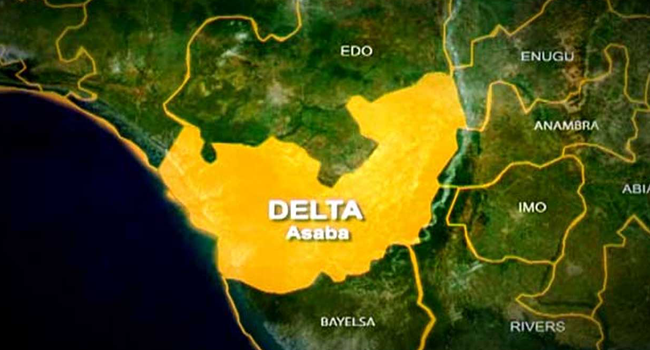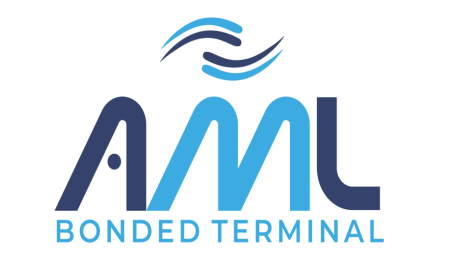The Delta State Capital Territory Development Agency has initiated a comprehensive flood control operation in Asaba, the state capital, demonstrating a proactive approach to urban environmental management. This operation, a cornerstone of the government’s broader flood management and urban sanitation plan, aims to mitigate the recurrent challenges of flooding and enhance the overall health and cleanliness of the city. The initiative underscores the agency’s dedication to creating a more sustainable and resilient capital territory for its residents, prioritizing both immediate needs and long-term environmental well-being. By tackling the root causes of flooding and promoting responsible waste management practices, the agency is striving to establish a cleaner and healthier environment for all.
The operation encompasses a multi-pronged approach to address the complexities of flood control. Key activities include the desilting of drains and drainage systems, the clearing of excessive vegetation and overgrowth, and the responsible disposal of collected silt and debris at designated government-approved dumpsites. This strategic combination of interventions aims to improve stormwater flow, reducing the risk of flooding and promoting better sanitation throughout the capital territory. The agency recognizes the importance of a well-functioning drainage system in safeguarding lives, protecting property, and preserving public infrastructure, thus highlighting the critical nature of this proactive initiative.
Central to the operation’s success is the active participation and collaboration of various stakeholders. The agency has deployed teams across major areas of Asaba to oversee the desilting and debris removal process, ensuring efficient and timely execution. This coordinated effort involves environmental health officers, sanitation workers, waste management contractors, and community volunteers, fostering a sense of shared responsibility and community ownership in maintaining a clean and flood-resilient environment. This collaborative approach strengthens the operation’s effectiveness and promotes broader community awareness of environmental best practices.
The agency’s commitment to public engagement is further emphasized by its appeal to residents to support the flood control operation. Recognizing that sustainable solutions require collective action, the agency urges residents to refrain from indiscriminate waste disposal, promoting responsible waste management practices as a crucial component of flood prevention and overall environmental hygiene. By encouraging individual responsibility alongside its operational efforts, the agency aims to create a lasting impact on the city’s cleanliness and resilience to flooding.
This comprehensive flood control initiative reflects the Delta State Capital Territory Development Agency’s commitment to long-term urban sustainability. By addressing the immediate challenges of flooding and sanitation, the agency is also laying the groundwork for a healthier and more resilient future for Asaba. The collaborative nature of the operation, involving various stakeholders and community participation, underscores the importance of shared responsibility in achieving sustainable environmental outcomes. This proactive approach not only mitigates immediate risks but also fosters a culture of environmental consciousness, paving the way for a more sustainable and resilient capital territory.
The agency’s focus extends beyond immediate flood control, encompassing broader goals of environmental sustainability. By promoting responsible waste management and community involvement, the initiative seeks to establish a long-term solution to flooding and environmental degradation. This proactive approach reflects a commitment to creating a cleaner, healthier, and more sustainable urban environment for all residents of Asaba, ensuring the long-term well-being and resilience of the capital territory. The operation serves as a model for proactive urban management, demonstrating the potential for positive change through collaborative efforts and a focus on both immediate needs and long-term sustainability.














